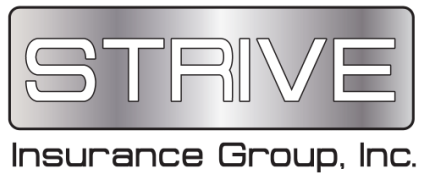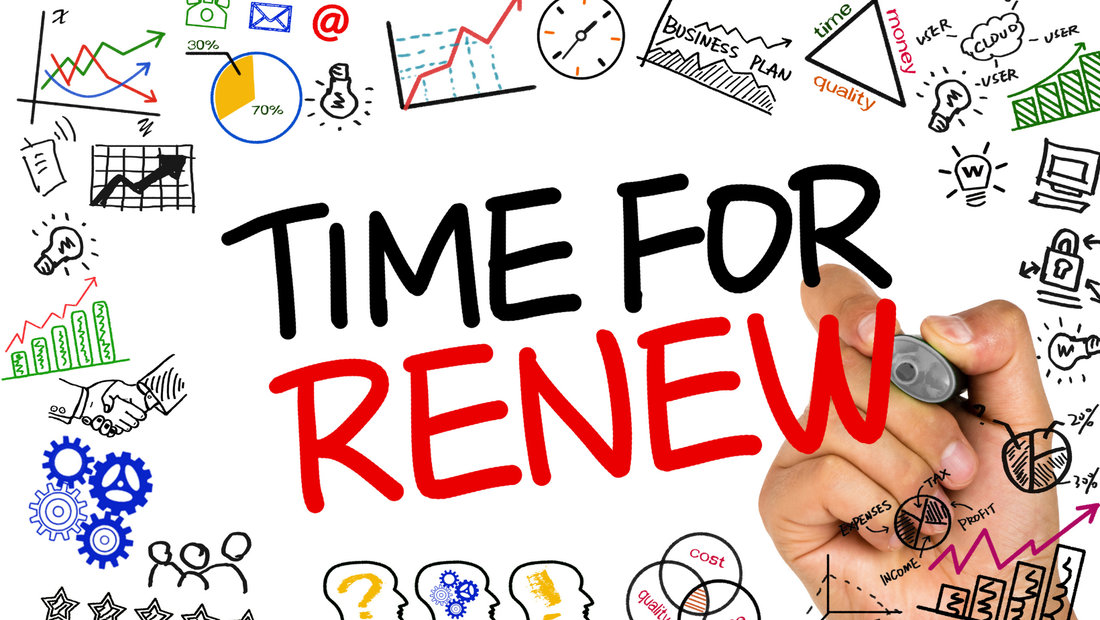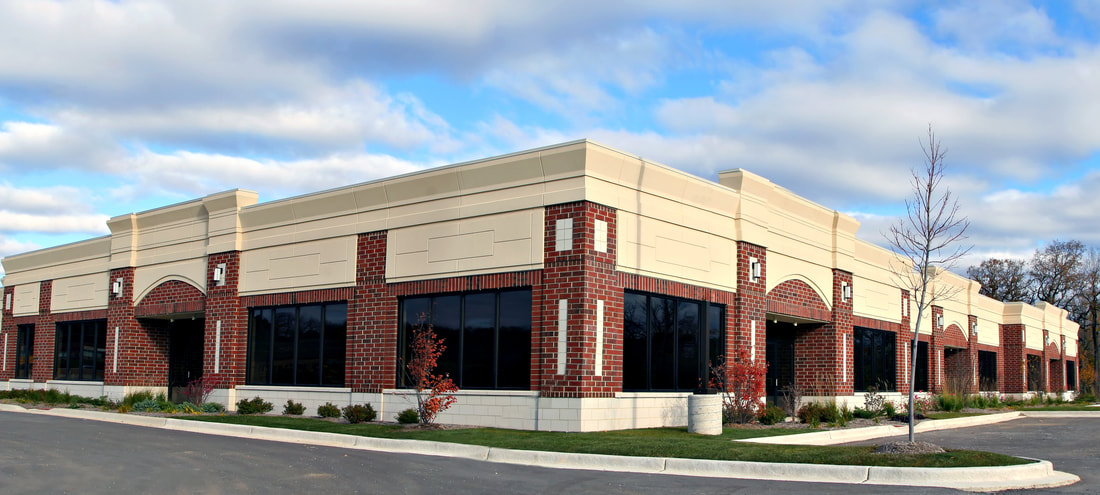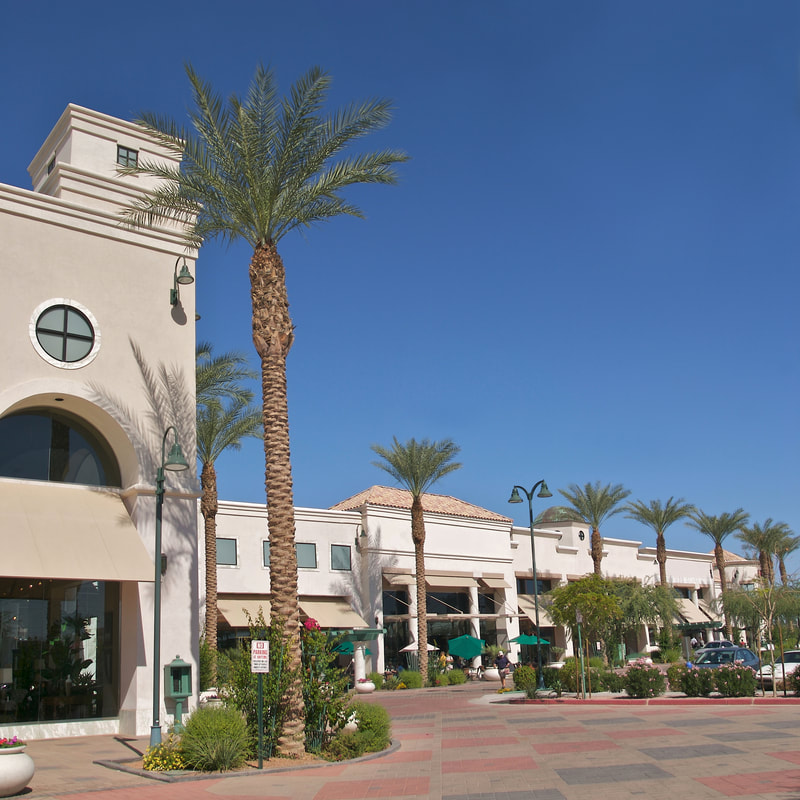|
As a property manager, you work hard to maintain properties and ensure tenants are satisfied. However, unexpected events can occur, and insurance claims may be necessary. Here are three examples of property manager insurance claims and how they can help:
Example 1: Liability Claim - Slip and Fall
Need help navigating property manager insurance claims? Contact me to discuss your unique needs and ensure you're adequately covered. Business interruption coverage is crucial to commercial property insurance, providing financial support when unexpected events disrupt business operations. This coverage is especially important for property managers and medical office buildings, as it helps ensure continuity of operations and maintenance of revenue streams. In this article, we'll delve into the details of business interruption coverage, its benefits, and how it applies to these buildings.
What is Business Interruption Coverage? Business interruption coverage, or business income coverage, is an extension of commercial property insurance. It reimburses lost business income and expenses when a covered event, such as a fire, natural disaster, or equipment failure, forces a business to suspend operations. Key Benefits for Property Managers and Medical Office Buildings
As a landlord, your rental properties are a significant source of income. But what happens when unexpected events like natural disasters, fires, or tenant damage disrupt your rental operations? Without proper insurance coverage, you may face financial losses and even risk losing your investment.
We'll explore the importance of Business Interruption and Extra Expense insurance for landlords, and how these policies can help mitigate financial losses and ensure continuous rental income. Business Interruption Insurance: A Safety Net for Landlords Business Interruption insurance (also known as Business Income insurance) helps replace lost rental income when your property becomes uninhabitable due to a covered event. This policy provides financial support during the repair or rebuilding process, ensuring you can continue to meet your financial obligations, such as:
Extra Expense Insurance: Covering Unforeseen Costs Extra Expense insurance helps cover unexpected expenses incurred while your property is being repaired or rebuilt. This policy can help pay for:
Real-Life Scenarios: Why These Policies Matter Fire damage: A fire destroys a portion of your rental property, leaving it uninhabitable. Business Interruption insurance helps replace lost rental income while repairs are made, while Extra Expense insurance covers temporary housing for displaced tenants. Hurricane damage: A hurricane causes significant damage to your property, requiring extensive repairs. Business Interruption insurance ensures you can continue paying your mortgage and other expenses, while Extra Expense insurance helps cover emergency repairs and debris removal. As a landlord, protecting your rental income is crucial. Business Interruption and Extra Expense insurance policies provide a financial safety net, ensuring you can weather unexpected events and keep your rental operations running smoothly. Don't leave your rental income to chance – consider investing in these essential policies to safeguard your investment and ensure a steady stream of income. Protect your rental properties today! Property management comes with its own set of challenges and risks, making the right insurance coverage essential for protecting not just the physical property but also the financial stability of the business. Whether managing residential, commercial, or mixed-use properties, understanding and navigating insurance needs is critical. This blog provides practical insurance tips for property managers, ensuring they are well-equipped to handle unexpected situations.
Understanding the Basics of Property Management Insurance What Does Property Management Insurance Cover? Typically, property management insurance includes coverage for property damage, liability claims, loss of rental income, and sometimes, legal costs. The aim is to protect against common risks such as fire, theft, natural disasters, tenant injuries, and disputes. Essential Insurance Policies for Property Managers General Liability Insurance: Protects against claims of bodily injury or property damage for which you could be held responsible. This is the foundation of your insurance strategy. Property Insurance: Covers damage to the buildings you manage due to covered perils like fire, storm, or vandalism. Professional Liability Insurance (Errors and Omissions): Offers protection if you’re sued for negligence, errors, or failure to perform your duties as outlined in your contract. Workers’ Compensation Insurance: Essential if you employ staff or maintenance crews, covering medical costs and lost wages for work-related injuries or illnesses. Business Interruption Insurance: Provides compensation for lost income if the property becomes uninhabitable due to a covered incident. Umbrella Liability Insurance: Offers additional coverage beyond the limits of your other liability policies. Tips for Property Managers 1. Assess and Regularly Review Insurance Needs Your insurance needs can change over time with property acquisitions, new laws, or changes in the property management landscape. Conduct regular reviews of your policies to ensure coverage is adequate and up to date. 2. Understand Policy Details and Exclusions It’s crucial to understand what is and isn’t covered in your policies. Pay attention to exclusions, coverage limits, and deductibles. In some cases, you may need additional riders or endorsements to fully cover certain risks. 3. Educate Tenants about Renters’ Insurance Encourage or require tenants to have renters' insurance. This protects their personal property and provides liability coverage, which reduces potential claims against your insurance. 4. Maintain Property to Mitigate Risks Regular maintenance can prevent many issues that might otherwise lead to insurance claims. Implementing risk mitigation strategies like installing security systems, fire alarms, and regular inspections can also lower insurance premiums. 5. Work with an Experienced Insurance Broker Partner with an insurance broker who understands the unique challenges of property management. They can help you find the best coverage options and navigate complex insurance matters. 6. Consider the Needs of Each Property Individually Different properties have different risks. For example, a property in a flood-prone area might need additional flood insurance, which is not typically covered in standard property insurance policies. 7. Stay Informed about Legal Requirements Keep abreast of local and state laws regarding insurance requirements for property managers. Compliance not only keeps you legally protected but also ensures peace of mind. Effective insurance coverage is a crucial aspect of successful property management. By understanding the essentials, staying informed, and actively managing risks, property managers can protect their assets, tenants, and businesses from unforeseen events. Remember, insurance is not just a safety net; it's an investment in the stability and longevity of your property management endeavors. Strive Insurance Group, Inc. (formerly Gordon Lund Insurance Agency, Inc) is an independent insurance agency representing many insurance companies. This means that we quote with many different insurance companies to obtain the best rate and coverage for your insurance. We do this at no additional fee or service charge to you. Our insurance agency's reputation for representing the best insurance companies, providing excellent customer service and competitive pricing to our clients has been earned and proven for over 30 years. We take great pride in finding you the best coverage and backing it up with prompt personal service. As a property manager, you’re tasked with overseeing residential, commercial, or industrial real estate properties. While this role comes with many responsibilities, ensuring adequate insurance coverage is paramount to protect your business, your clients' assets, and yourself from unforeseen events. Here are three essential types of insurance coverage every property manager should consider:
1. General Liability Insurance Protection Against Common Risks What It Covers: General liability insurance is the cornerstone of a property manager's insurance portfolio. It provides protection against common risks such as injuries or property damage to third parties occurring on the property. Real-Life Scenario: Imagine a visitor slipping on an icy walkway at one of your managed properties. This insurance can cover the medical bills and legal fees if you're sued. Why It's Essential: This coverage is crucial because it addresses the most common risks associated with property management. 2. Professional Liability Insurance (Errors & Omissions) Safeguarding Your Professional Services What It Covers: Also known as Errors and Omissions (E&O) insurance, this policy protects against claims of negligence or inadequate work. Real-Life Scenario: If a tenant sues you for failing to fix a maintenance issue promptly, E&O insurance can help cover your defense costs and any resulting settlements. Why It's Essential: Property managers make decisions daily that could lead to lawsuits. This insurance provides peace of mind, knowing that your professional decisions are protected. 3. Property Insurance Direct Protection for Your Business Assets What It Covers: This insurance covers the physical assets of your business, including your office space, computers, and furniture, against risks like fire, theft, or natural disasters. Real-Life Scenario: If a fire damages your office, property insurance can help cover the repair costs and replacement of damaged equipment. Why It's Essential: As a property manager, your business relies on various physical assets. Protecting these ensures minimal interruption in your business operations following a loss. Investing in the right insurance coverages is crucial for property managers. It not only safeguards your business but also builds trust with your clients, showing them that their properties are in responsible hands. Always consult with an insurance professional to tailor your coverage to your specific needs and risks. Remember, being proactive about insurance can save you from significant financial and reputational damage in the long run. This blog provides a basic overview, but it's always recommended to consult with insurance experts for more detailed advice tailored to specific situations. Property management is a dynamic and lucrative industry that involves the management, maintenance, and leasing of real estate properties on behalf of owners. Whether you're overseeing residential complexes, commercial spaces, or mixed-use properties, the success of your property management business heavily depends on consistent cash flow. Unexpected disruptions, such as natural disasters, accidents, or other unforeseen events, can significantly impact your income stream. This is where business income insurance for property managers comes into play as an essential risk management tool.
Understanding Business Income Insurance: Business income insurance, often referred to as business interruption insurance, is a type of coverage that safeguards your business against financial losses stemming from interruptions caused by covered perils. For property managers, this coverage extends to the income loss resulting from unforeseen events that temporarily halt your ability to generate rental revenue. Key Benefits for Property Managers
Choosing the Right Coverage When considering business income insurance for your property management business, it's important to thoroughly assess your needs and risks. Here are a few steps to help you choose the right coverage:
Strive Insurance Group, Inc. (formerly Gordon Lund Insurance Agency, Inc) is an independent insurance agency representing many insurance companies. This means that we quote with many different insurance companies to obtain the best rate and coverage for your insurance. We do this at no additional fee or service charge to you. Our insurance agency's reputation for representing the best insurance companies, providing excellent customer service and competitive pricing to our clients has been earned and proven for over 30 years. We take great pride in finding you the best coverage and backing it up with prompt personal service. Medical Buildings
Managing property risks in a medical building is crucial to ensure the safety of patients, staff, and valuable assets, while also safeguarding the reputation and financial stability of the healthcare facility. Medical buildings are unique in that they house sensitive equipment, handle patient care, and must adhere to strict regulations. Robust Maintenance Protocols Regular and thorough maintenance is the foundation of managing property risks in a medical building. Establishing and adhering to a robust maintenance protocol not only prevents equipment breakdowns but also addresses potential hazards before they escalate. Here are key aspects to consider:
Maintaining a secure medical building is vital to safeguard sensitive patient information, expensive medical equipment, and the well-being of individuals within the facility. Robust security measures can significantly mitigate risks. Consider the following strategies:
Despite thorough maintenance and security measures, certain risks are unpredictable and can lead to financial liabilities. Property insurance plays a crucial role in mitigating these risks. Here's how to approach insurance and risk transfer:
Top of Form Property management is a dynamic and lucrative industry that involves the management, maintenance, and leasing of real estate properties on behalf of owners. Whether you're overseeing residential complexes, commercial spaces, or mixed-use properties, the success of your property management business heavily depends on consistent cash flow. Unexpected disruptions, such as natural disasters, accidents, or other unforeseen events, can significantly impact your income stream. This is where business income insurance for property managers comes into play as an essential risk management tool.
Understanding Business Income Insurance: Business income insurance, often referred to as business interruption insurance, is a type of coverage that safeguards your business against financial losses stemming from interruptions caused by covered perils. For property managers, this coverage extends to the income loss resulting from unforeseen events that temporarily halt your ability to generate rental revenue. Key Benefits for Property Managers
Choosing the Right Coverage When considering business income insurance for your property management business, it's important to thoroughly assess your needs and risks. Here are a few steps to help you choose the right coverage:
|
Archives
June 2024
Categories
All
|









 RSS Feed
RSS Feed
7/17/2024
0 Comments